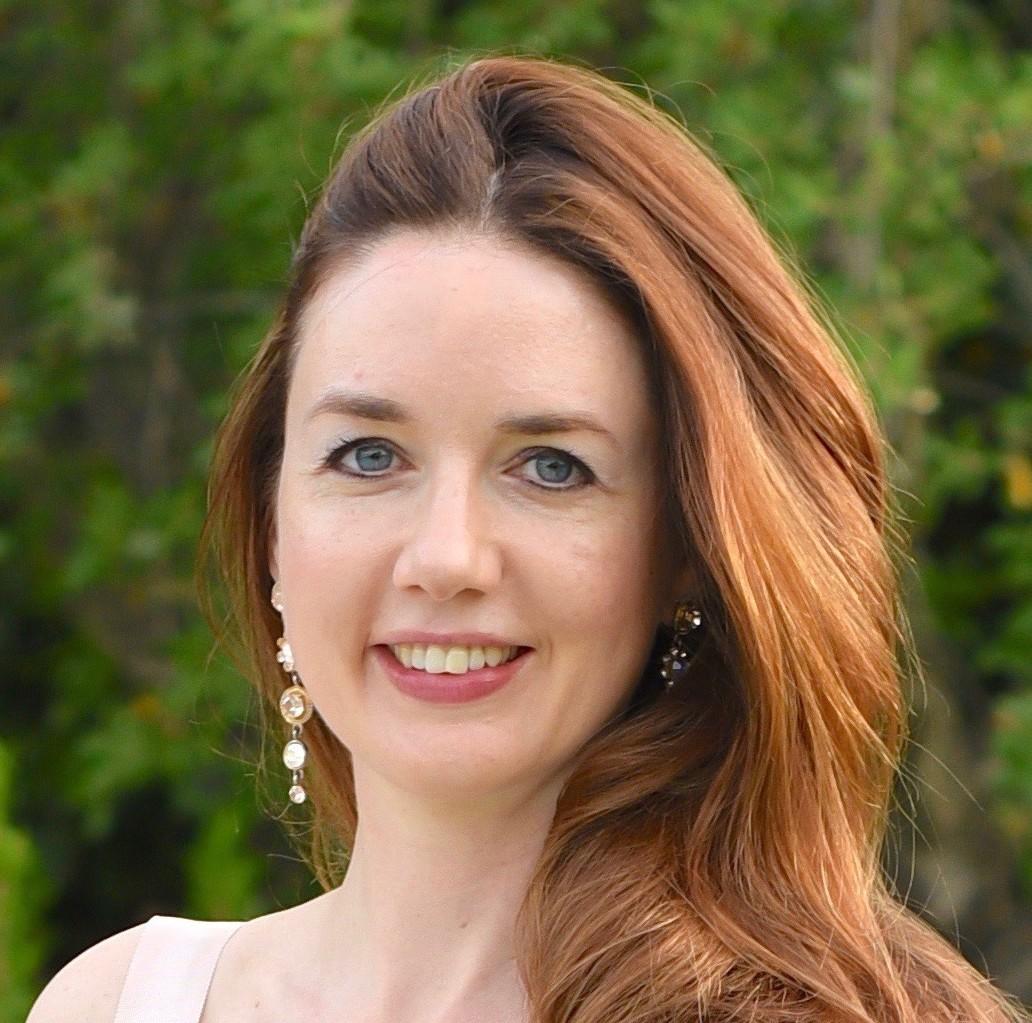Will I ever sleep again?

By Angela Wilson
Certified child sleep consultant, MA Natural Sciences Cambridge University and co-founder of Baby Smiles Club
We know the feeling! Practically every new parent finds it exhausting to have a new baby, particularly in the early days. If this is your first baby, you might find this a shock – no more leisurely lie-ins or time to relax. You barely have time to even brush your teeth!
In their first weeks, babies need to feed a lot – around 8-12 times in a 24-hour period. A newborn’s longest sleep period is around 3–4 hours (though it’s often advised to wake them every 2–3 hours to feed in the first two weeks, because their stomachs are so small and milk is easily digested, and they need to keep hydrated).
You’re feeding your baby during the day…..and you’re up feeding them through the night. They go to sleep – but you’ve no idea whether it will be for 3 hours or 5 minutes! And you begin to think – will I ever sleep again?
The answer is yes! But you need to understand how your baby sleeps in order to do so. One of the key things you need to know about is sleep consolidation.

Sleep consolidation
As a baby grows, their stomachs grow – which means they can stay full for longer. This means they can sleep for longer, as they can go for longer before their hungry tummy wakes them up! They begin to consolidate their sleep, which means they take fewer sleeps, but their sleep lasts for longer.
And this is where the GOOD NEWS comes in! Studies show that babies rapidly consolidate their nighttime sleep between 1–3 months old, with many babies being able to sleep 8 hours or more by 3 months! That’s an 8 hour solid sleep for your baby AND for you!
That doesn’t mean that’s the longest they’ll be in bed for at night – it’s just the length of their longest sleep. So they can sleep for 8 hours, feed, then go back to sleep (until they need another feed or until morning wake).
Now the reality is that you’re going to be giving your baby night feeds until around 6–7 months old. There’s no escaping it – a baby’s stomach simply isn’t large enough before then to keep them full enough all night. But want another piece of GOOD NEWS? Once they’ve dropped their last night feed, a baby is able to get an 11–12 hour solid stretch of sleep!

Sleep cycles and self-settling
Now we know what you might be thinking. Your friend with the 8 month old who keeps waking every hour or two in the night. Your brother with the toddler who wakes at 3am every morning ready to party. This is what can happen.
There’s a few reasons why this can be. One of the reasons is because of baby sleep cycles. Babies (like us) sleep in sleep cycles. At the end of a sleep cycle, they’ll either wake up or nearly wake-up. From around 3–5 months old (when a baby goes through the 4 month sleep regression), those sleep cycles last around 60–120 minutes.
When a baby gets to the end of a sleep cycle, they'll either nearly wake up before rolling into their next sleep cycle, or they'll wake up. The wake could be a momentary rumble before happily falling into another sleep cycle, or it could be a more active wake.
Where a baby has an active wake, they'll either send themselves back to sleep, or they’ll need your help. And this is where the subject of settling comes in. A baby who can self-settle will happily send themselves back to sleep. It means better sleep for them (because their momentary wakes don't turn into full blown wakes, which can happen if they think they need you), and better sleep for you too.
Where a baby hasn't yet mastered the art of self-settling, they'll need your help to get back to sleep. It can prolong their wakes (as they think they need you to be able to go back to sleep) and make their sleep more disturbed and less restorative. And it also means you'll be up in the night with them rather than in dreamland. And you need good sleep for yourself so as to be able to best take care of your baby.
Our Baby Sleep Program is founded on the most up-to-date science about how babies sleep, and helping to foster and strengthen the parent-child bond. It explains all about sleep cycles and settling, so you can help your baby to get those nice long stretches of sleep. And better sleep for your baby means better sleep for you!

